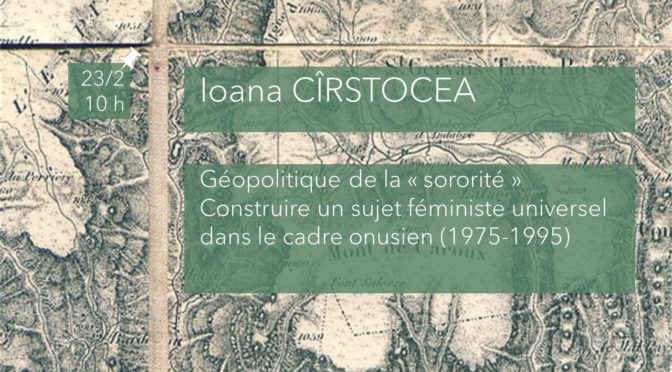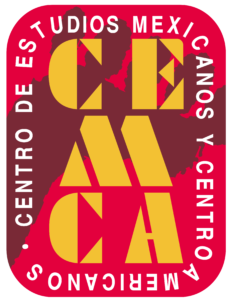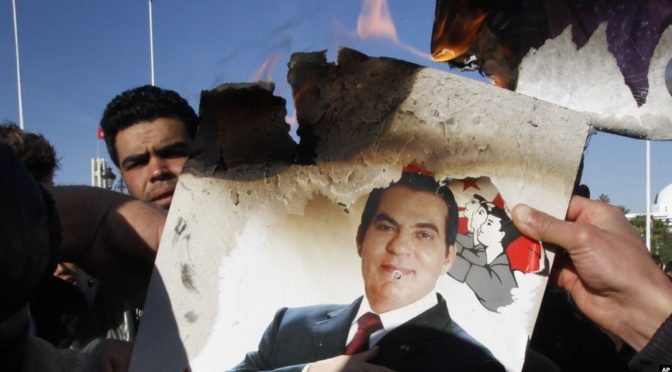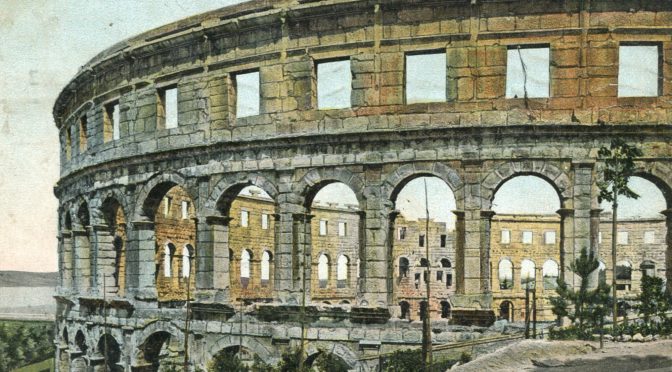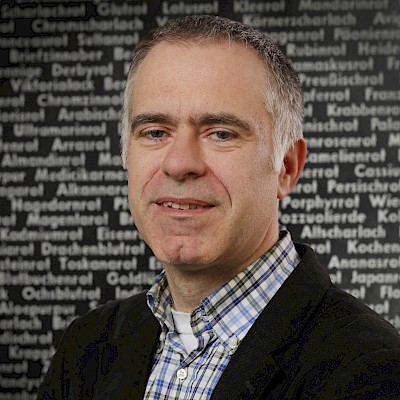Workshop with Tanya Luhrmann
Date: 1st November 2019, 9:00-18:30
Venue: CEFRES Library
Organizers: Charles University (Institute of sociological studies at the Faculty of Social Sciences), Barbora Spalová in collaboration with CEFRES
Language: English
The workshop “GODTalks” is intended for researchers and students who would like to consult their work with Tanya Luhrmann.
Program
10:00-11:00: Zdeněk Konopásek, Charles University Prague
Religion in action: How private apparitions may become true/real
11:15-12:15: Marek Liška, Charles University Prague
How does the Relationship with God come to being in the Christian Community?
12:30-13:30: Samuel Dolbeau, UC Louwain / EHESS Paris
Translating God´s closeness into a catholic language: The case study of a French catholic charismaic community
13:30-15:00 Lunch break
15:00-16:00: Taťána Bužeková, Comenius University in Bratislava
Spirituality, purity and health: What is “right” and what is “wrong” about altered states of consciousness
16:15-17:15: Jan Tesárek, Charles university of Prague
Messengers of Light: Semiotics of Multiple Subjectivities in Czech Angelic Spirituality
17:30-18:30: Joanna Lipinska, University of Warsaw
Transplanting Wicca – an anthropological perspective on how the Polish Wicca develops and does it differ from its British origin?
……………………………………………………………..
Tanya Marie Luhrmann (Watkins Professor in the Anthropology Department at Stanford University). Her work focuses on the edge experience: on voices, visions, the world of the supernatural and the world of psychosis. She uses a combination of ethnographic and experimental methods to understand the phenomenology of unusual sensory experiences. Her very appreciated books are Persuasions of the Witch’s Craft: Ritual Magic in Contemporary England (1989); When God Talks Back: Understanding the American evangelical relationship with God (2012); Our Most Troubling Madness: Schizophrenia and Culture (2016) and others.
During her stay in Prague, she will also deliver a lecture “How Gods (and God) Become Real for Men: Drives a Feeling of Presence”, on 31st October 2019 at 18:30 at Hollar, FSV UK (Smetanovo nábřeží. 6, room 4).


